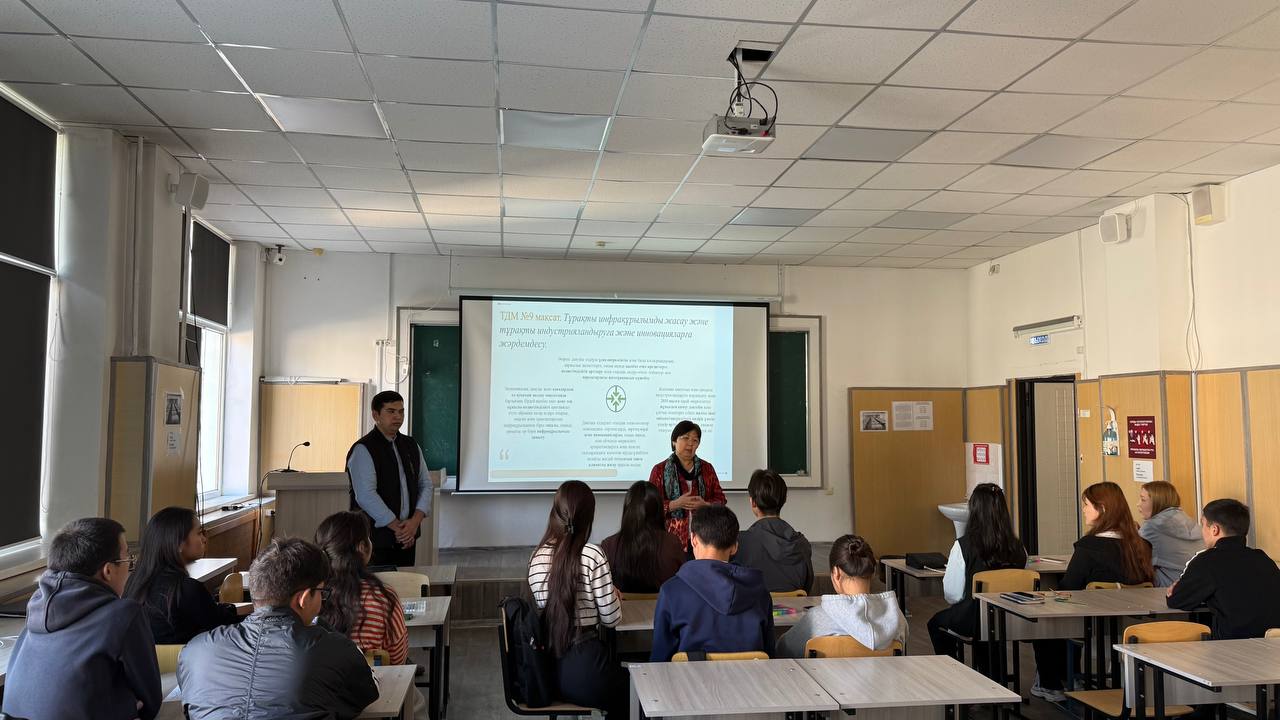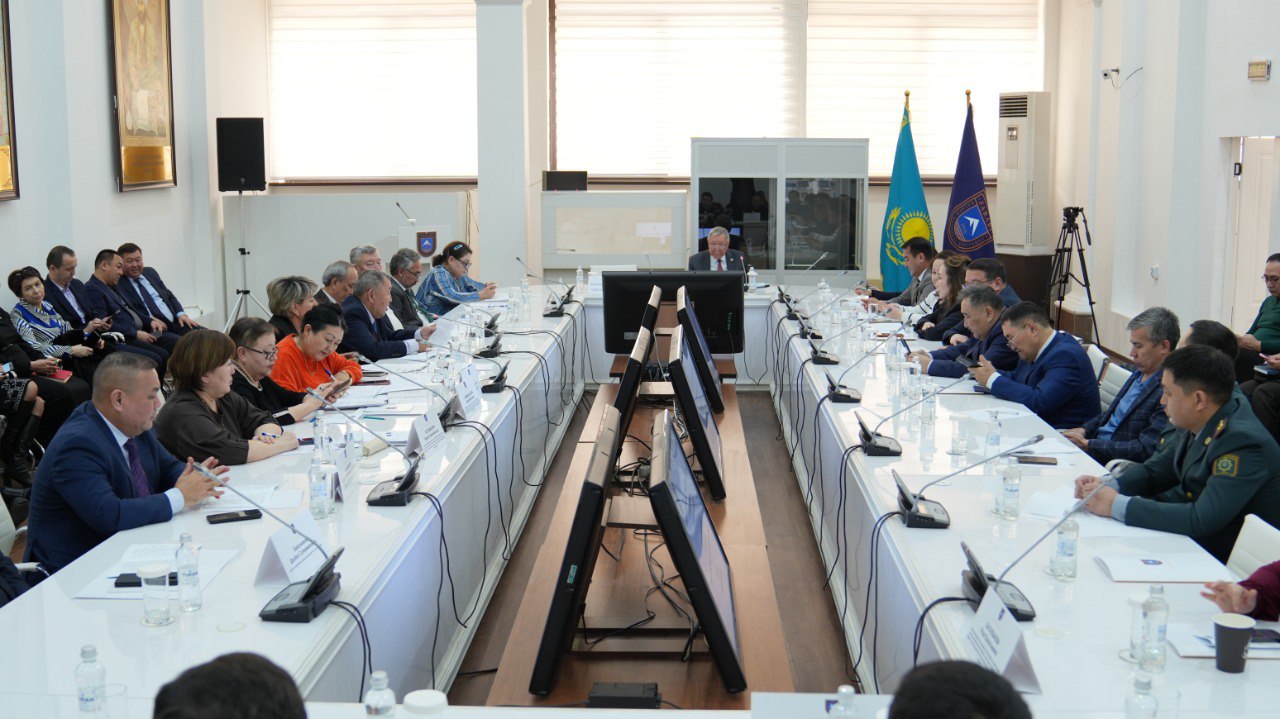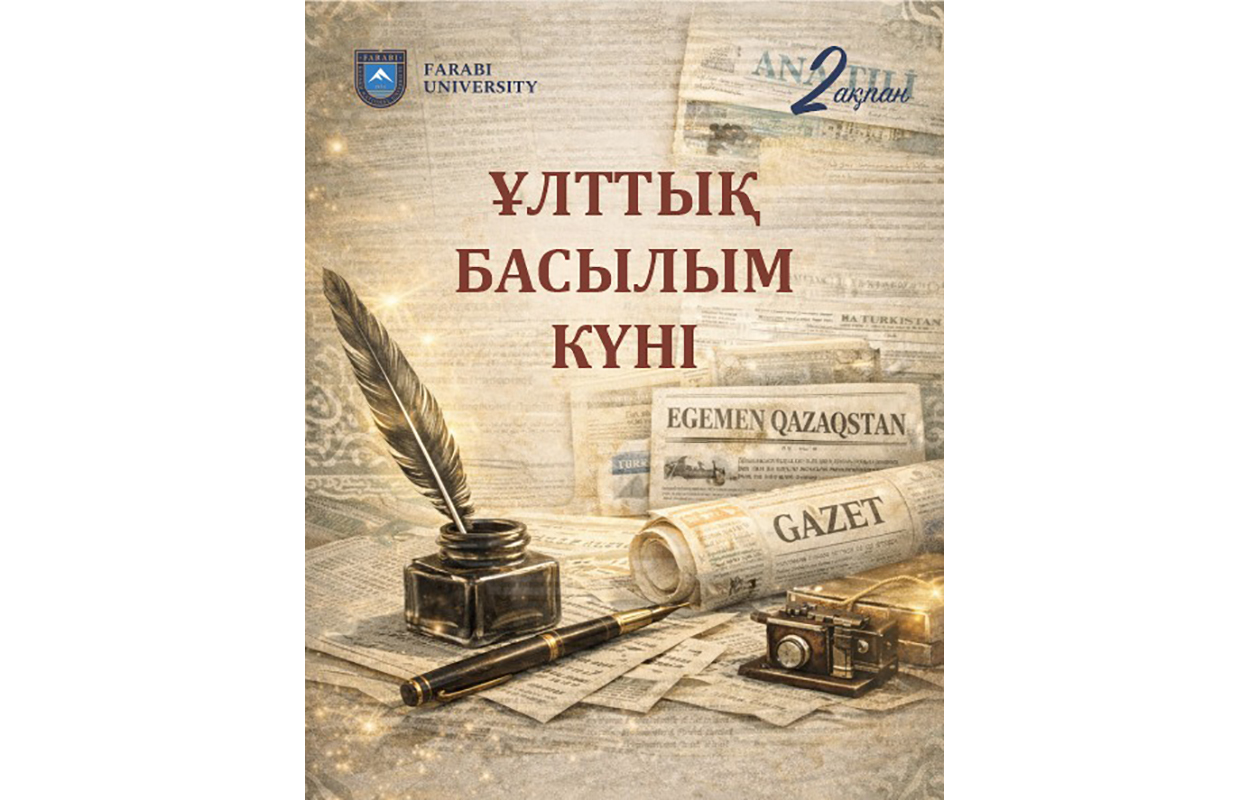Innovation is the driving force of sustainable development and advanced infrastructure.

First-year master’s student of the Department of Mathematical and Computer Modeling, Faculty of Mechanics and Mathematics, Al-Farabi Kazakh National University, Saidullaev Yubzhon, conducted an open lesson with students of group PM-25-1, specialty Applied Mathematics, as part of his teaching practice. The open lesson was attended and evaluated by Acting Head of the Department S. D. Mausumbekova and other faculty members.
During the lesson, the graduate student emphasized the strategic importance of industrialization for the state and society, and clearly demonstrated the impact of innovation and modern infrastructure on the country’s economic development. As examples, he referred to globally recognized companies such as Tesla and SpaceX, as well as Kazakhstani platforms Kaspi.kz, Halyk Homebank, Jusan Bank, BilimLand, and Daryn.online, which implement innovative approaches in the field of education. Key discussion topics included the development of modernized technologies, the application of artificial intelligence, the “smart city” concept, and alternative energy sources.
To engage students in active participation, the graduate student organized a group activity posing the question:
“What kind of innovation would you create to contribute to the sustainable development of your city?”
This task aimed to develop students’ creative thinking, analytical abilities, and decision-making skills. During the session, students shared their professional ideas and suggestions related to elements of sustainable development from the perspective of future specialists in mathematical modeling.
At the reflection stage, the political, economic, scientific, and technological significance of infrastructure, industrialization, and innovation for Kazakhstan’s development was discussed, after which students shared their newly gained knowledge and insights.
In conclusion, it was emphasized that sustainable development is the path to meeting the needs of the present without compromising the interests of future generations. Only a specialist proficient in innovations and industrial technologies can influence the future of the country. Conducting such modern open lessons helps renew the culture of thinking and encourages youth toward scientific and technological progress.

Deputy Head of the Department for Academic, Methodological, and Educational Work — L. A. Sagimbayeva


